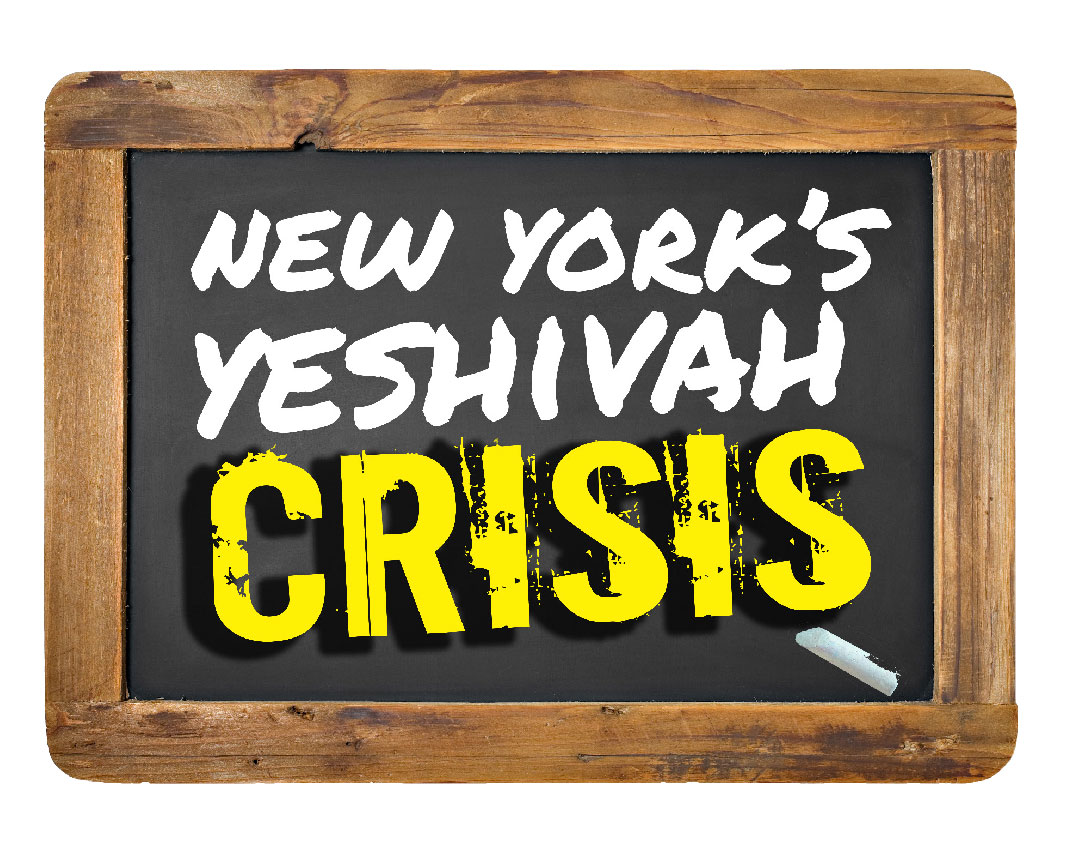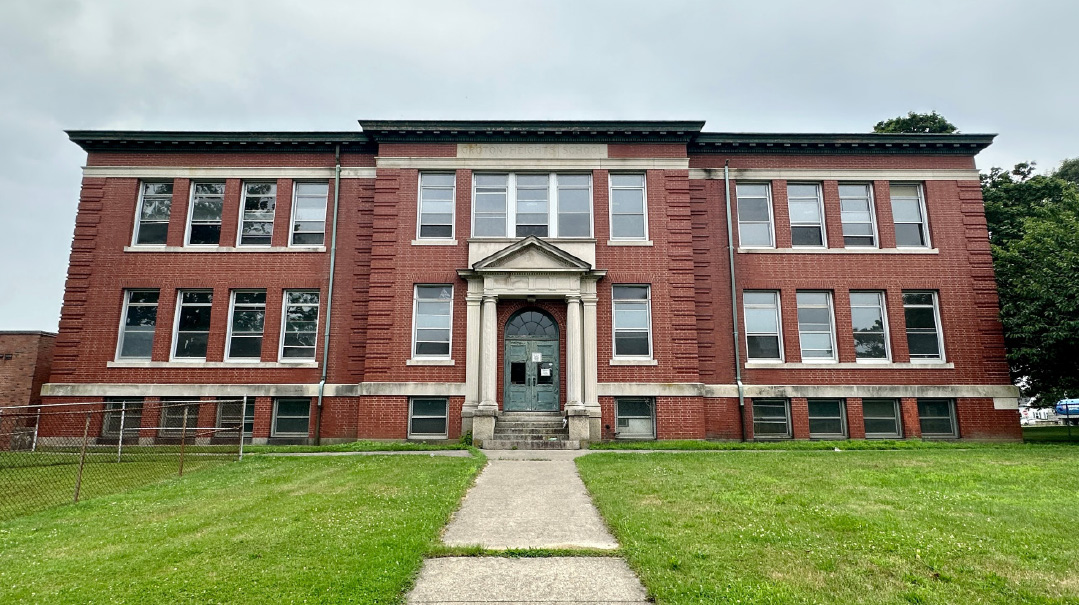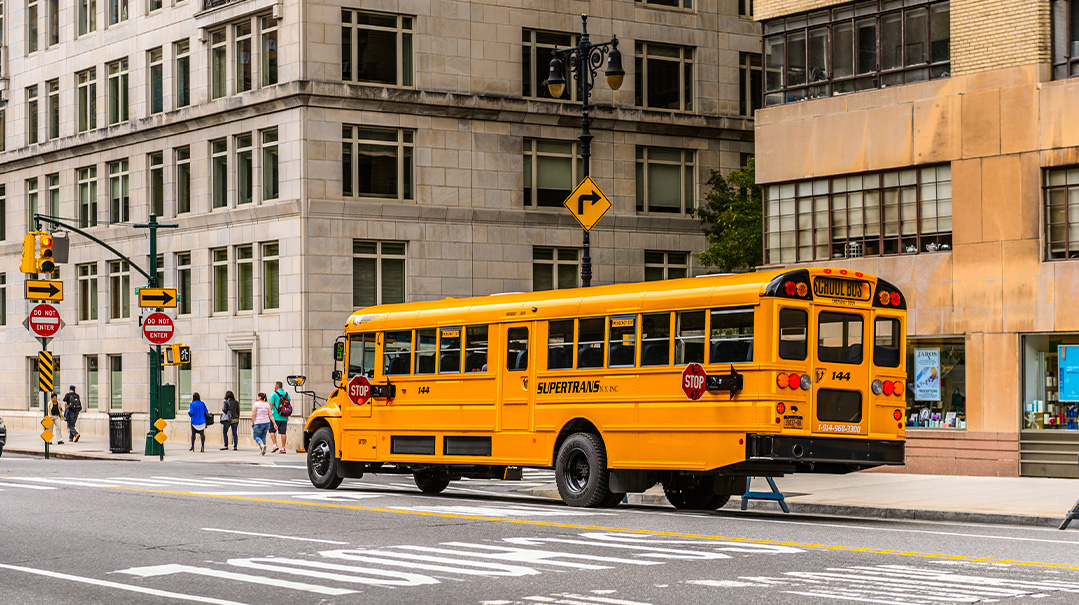Yeshivos Sue State over Secular Mandate


Alawsuit filed late last Thursday, moments after Adar Sheini was ushered in, beseeches the New York State Supreme Court in Albany to address what has turned into the biggest crisis facing the state’s yeshivos in the postwar era — the new education guidelines mandating hours of secular studies every day.
The lawsuit, which comes after months of fruitless negotiations with the state’s education commissioner, MaryEllen Elia, was filed by five of America’s oldest yeshivos, three advocacy groups, and several yeshivah parents. Elia and Betty Rosa, the chancellor of the New York Board of Regents — which oversees the education commissioner — are named as defendants in the suits.
“The new guidelines cannot stand,” the lawsuit declares. It represents a “radical reorientation of the state’s relationship with its private schools,” asserts PEARLS, a yeshivah advocacy group and one of the plaintiffs on the lawsuit.
“We have a responsibility to yeshivah parents, and to the continuation of a culture that spans generations,” adds Rabbi Chaim Dovid Zwiebel, executive vice president of Agudath Israel of America, which also signed on to the brief, “to stop this terrible governmental overreach.”
The crux of the matter centers on the wording of the original law, passed by the state legislature in 1894, that allows for private schools to operate alongside the public system.
“Instruction given to a minor elsewhere than at a public school,” the law states, “shall be at least substantially equivalent to the instruction given to minors of like age and attainments at the public schools of the city or district where the minor resides.”
How should private schools be “substantially equivalent” to public schools? Aside from some demands that all schools teach certain civics, patriotism, and safety subjects, the law has never been fully explained.
The first attempt to answer that came last year, hours before Jews sat down to celebrate the first Pesach Seder. Seeking to avert the upcoming imposition by the education department of draconian requirements, state senator Simcha Felder leveraged his support for the GOP majority to amend the law to define substantial equivalence as teaching the core subjects of math, science, history, and English language arts.
The Felder Amendment notwithstanding, Elia dropped a bombshell this past November, issuing her own interpretation of what private schools must teach — about seven hours a day (revised a few days later to four hours and thirty minutes), tolerance for other “lifestyles,” and a threat of closure if the yeshivos did not comply.
The response was warlike. Catholic school system officials announced they would not allow inspectors in, a group of specialty private schools sued last Wednesday, and yeshivah groups declared they would change their schedules based on the guidelines. The need to ask a judge to get involved quickly became apparent.
That happened Thursday night.
The lawsuit makes a four-pronged argument as to why the guidelines are unlawful:
- The guidelines are aimed at the wrong target. Elia alleges that yeshivos are the ones who must comply with the “substantial equivalence” requirement, by fulfilling a host of mandates. But the education law applies only to parents, not schools. In effect, the lawsuit says, the guidelines falsely mandate that nonpublic schools receive a special license.
- The guidelines set down “highly intrusive, detailed, rigid, statewide” standards. The state education department should have shown restraint. The law governing private school education in the state emphasizes flexibility and shows an awareness that yeshivos and other private schools are not meant to be simply other versions of public schools. The new guidelines, however, contain hundreds of pages detailing every facet of education and building standards. It details how long school days must run, which subjects must be taught, how teachers may be hired and how they must be certified.
- By issuing these regulations as “guidelines,” the state education department overstepped its legal authority. Elia introduced the regulations as innocuous-sounding “updated guidelines” — but they are far-reaching in scope, even including a threat to shut down noncompliant schools, and they are being imposed by an unelected body that barely solicited any public input. Instead, these should have been defined as new “rules,” which would require public hearings at a minimum, and possibly a vote by the legislature.
- The guidelines are inherently unconstitutional, hurting parents’ rights to educate their children as they see fit and the schools’ freedom of religion to give supremacy to religious studies. “Through its new guidelines,” says attorney Avi Schick, who filed the lawsuit, “the [education department] has divested yeshivos and other private schools of their right and ability to determine the content of the education they provide, and the process by which that education is delivered.”
(Originally featured in Mishpacha, Issue 752)
Oops! We could not locate your form.













